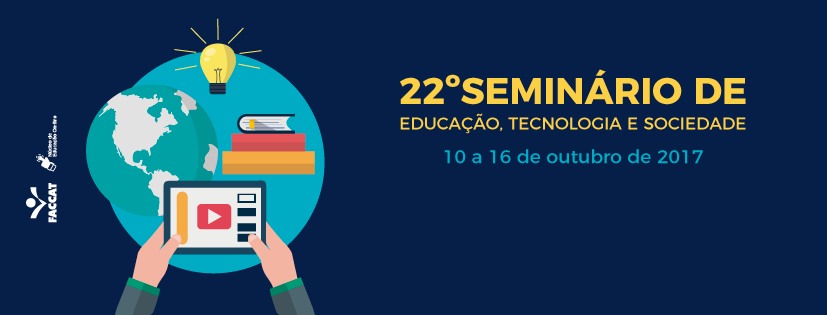Computer Science in Schools in England and Ireland – context and current developments in 2017
Resumo
Abstract: This paper describes the current developments in computing in schools in England and Ireland, in the light of a historical account of educational computing since its early days in the 1970s. In England, the recent (2014) introduction of a “rigorous” computing curriculum was justified by politicians in the United Kingdom to address a digital skills crisis, and at the same time, the Information and Communications Technology (ICT) curriculum and examinations were set to be discontinued. However, uptake of the new courses is relatively low, and the outcome may be a less-well educated population in terms of both vocational capability and personal fulfilment. Ireland has had no single equivalent of the English ICT curriculum. Uptake of technology-related subjects has been rather low and heavily gendered towards males, while programming activities in recent years have taken place chiefly outside the mainstream curriculum. Current developments include a new Computer Science course for pupils aged about 16 to 18, to be available from September 2018; the draft specification is due to be finalised by the end of the year 2017. The strategies in both countries are contrasted and critiqued in view of their historical context and their current approaches; issues are identified that may be of relevance in other countries.


